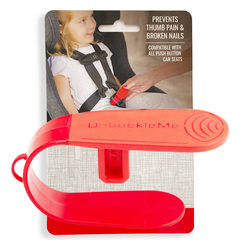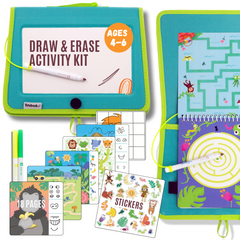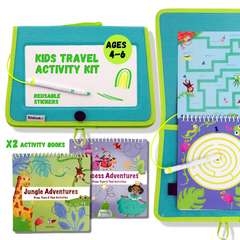The school day may end at 3 pm, but for many families, the real work begins after the final bell. Between the emotions kids bring home, the desire to hear about their day, and the homework or test prep on the agenda, afternoons can sometimes feel overwhelming. With a few thoughtful strategies, though, you can transform after-school time into a calmer, more positive experience for everyone.
Start With Calm: Helping Kids Transition
School is filled with structure, social interactions, and mental effort. When kids walk through the door, they may be tired, overstimulated, or even grumpy. Jumping straight into questions or tasks can backfire. Instead, give them a gentle “transition time” to reset.
-
Create a routine: Whether it’s a healthy snack, 15 minutes of quiet time, or running around outside, a predictable routine helps kids shift gears from school mode to home mode.
-
Offer choices: Letting your child decide whether they want to change clothes, play for a bit, or sit quietly gives them a sense of control after a day of following rules.
-
Acknowledge feelings: Sometimes just saying, “It looks like today was tiring for you” can help your child feel seen and validated.
Ask Better Questions: Connecting Without the Usual "How Was Your Day?"
Every parent knows that “How was your day?” often gets the dreaded “fine” or “good.” The trick is asking questions that spark real conversation.
-
Get specific: Try asking, “What was the funniest thing that happened today?” or “Who did you sit with at lunch?”
-
Focus on feelings: Questions like, “What made you feel proud today?” or “Did anything frustrate you?” encourage kids to open up.
-
Use the senses: Ask, “What was the best thing you smelled in the cafeteria?” or “What did you hear on the playground?” to make it more fun.
Remember, kids are often more willing to share during an activity, like a walk, car ride, or while helping with dinner, than when they’re put on the spot at the table.
Tackling Homework and Test Stress
For many families, homework and tests are the toughest part of the evening. Stress can lead to tears, resistance, or meltdowns, but setting the right environment helps ease the pressure.
-
Set up a homework-friendly space: A quiet, clutter-free spot with supplies handy minimizes distractions.
-
Break it down: Big assignments feel less overwhelming when broken into smaller chunks with short breaks in between.
-
Create a routine: Just like bedtime, homework time works better when it happens consistently. Some kids prefer to get it done right after a snack; others need playtime first.
-
Normalize mistakes: Remind your child that mistakes are part of learning. Share a story about a time you struggled and worked through it, it shows them that challenges are normal.
-
Calm test nerves: Before big tests, encourage mindfulness techniques like deep breathing or stretching. Reassure them that effort matters more than perfection.
Making Afternoons a Positive Experience
The hours after school don’t have to be stressful. By giving your kids a chance to decompress, asking thoughtful questions to truly connect, and supporting them through homework challenges, you’re setting the tone for calmer, happier evenings. More than grades or achievements, kids remember how they felt at home, and with a little planning, you can make those memories warm and positive.
–
Written by the staff writing team at HappyWriters.co in partnership with Faxage online faxing services.











Leave a comment